Rosalind Franklin
Rosalind Franklin was a British chemist and X-ray crystallographer whose work was central in the discovery of the structure (the arrangement, shape, and form) of DNA, the genetic instructions for how all living organisms develop. Franklin’s work with Maurice Wilkins confirmed the Watson-Crick DNA model, however, she died in 1958, while work was still being done. Library of Congress
Kizzmekia Corbett
Dr. Kizzmekia Corbett is an immunologist and Assistant Professor of Immunology and Infectious Diseases at Harvard University. Corbett led the team at the National Institutes of Health that developed the mRNA vaccine for COVID-19 designed by Moderna. Corbett has studied many types of viruses, including other coronavirus strains, and spends much of her time promoting vaccine awareness and STEM education in underserved communities. WGBH and Library of Congress
Christina Koch
The four crew members of the Artemis II mission to the moon include NASA astronauts Christina Koch, Reid Wiseman, Victor Glover, and Canadian Space Agency astronaut Jeremy Hansen. Koch will become the first woman and first person of color to fly around the moon. Koch set the record for the longest female single mission in space when she returned to Earth on Feb. 6, 2020 after 11 months in space. WGBH and Library of Congress
Dr. Mireille Kamariza
Dr. Mireille Kamariza is currently a Junior Fellow at the Society of Fellows at Harvard University who worked on a potential breakthrough tool to fight tuberculosis. Recognizing that tuberculosis (TB) is frequently missed at the stage of diagnosis, Kamariza and her colleagues found a method for testing for TB, the number one cause of death (pre-COVID) in her native country, Burundi. WGBH and Library of Congress
Charlotte Devitz
Charlotte Devitz, a PhD candidate in biology at the University of Michigan, studies urban behavioral ecology and behavioral syndromes in mammals, including why squirrels boldly steal pizza from some people’s hands while quickly run away from others. Devitz also advocates for accessibility in STEM. Devitz has Ehlers-Danlos Syndrome, a set of inherited disorders that affect her body’s connective tissues, like her joints, skin and blood vessels. WGBH and Library of Congress
Elizabeth Wayne
Dr. Elizabeth Wayne is an Assistant Professor in Biomedical Engineering and Chemical Engineering at Carnegie Mellon University. Her research focuses on using macrophages, types of white blood cells in the body’s immune system that digest cancer cells, to treat cancer. WGBH and Library of Congress
Dr. Kim Cobb
Dr. Kim Cobb is a climate scientist and professor at Georgia Institute of Technology. Cobb was one of the lead authors on a U.N. climate report in 2021, which showed carbon emissions rising much faster than previously known and how oceans have been severely impacted by climate change. “Really, we're going to be deciding what futures we're bringing down upon ourselves, largely over the next decade,” Cobb warned in a 2021 interview with PBS NewHour's William Brangham. WGBH and Library of Congress

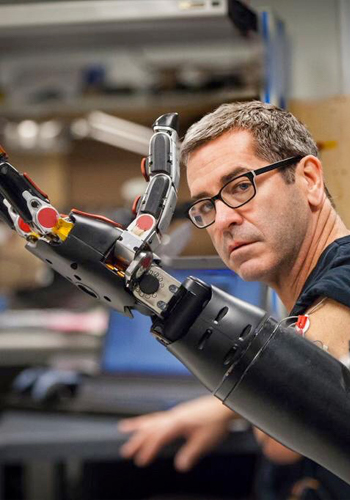
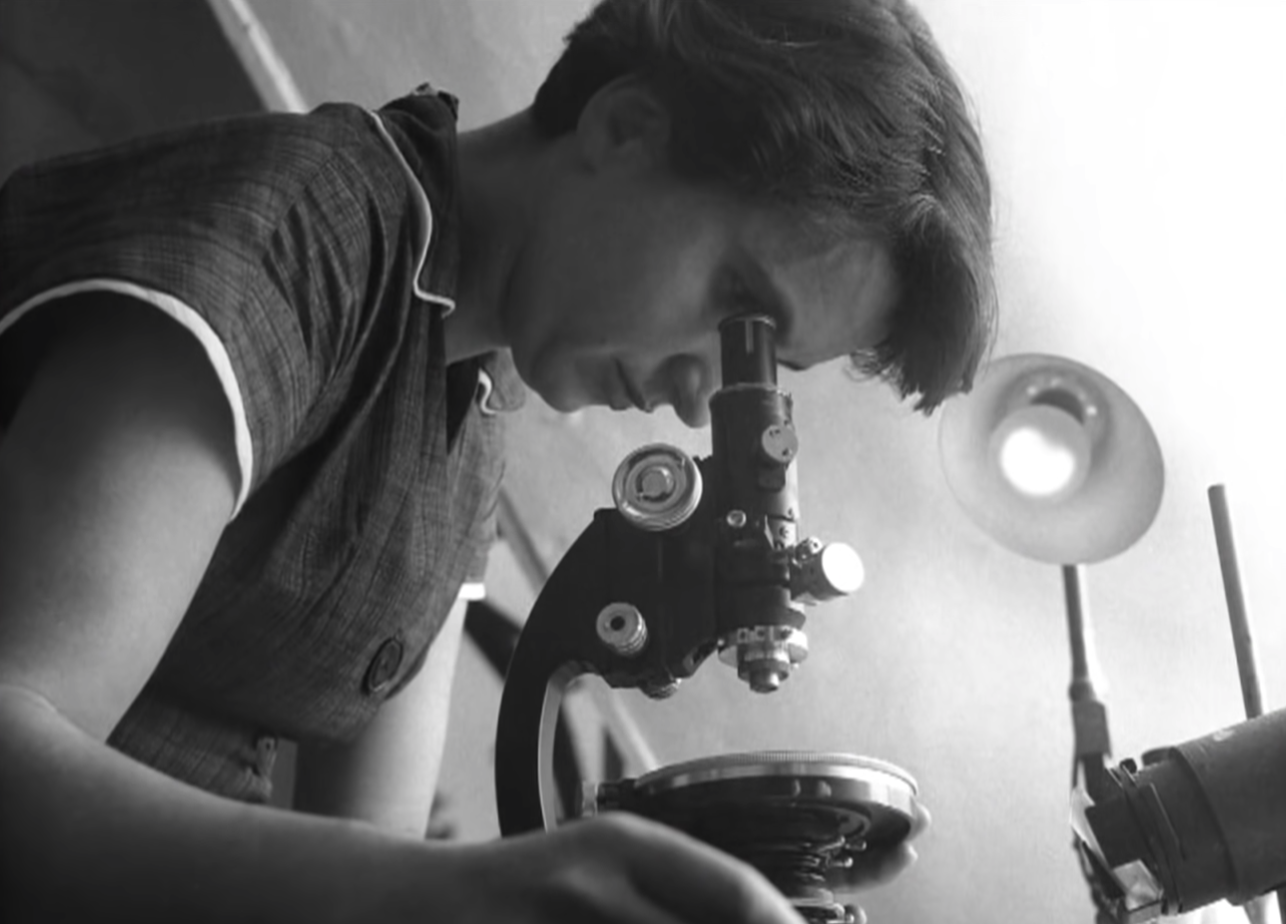
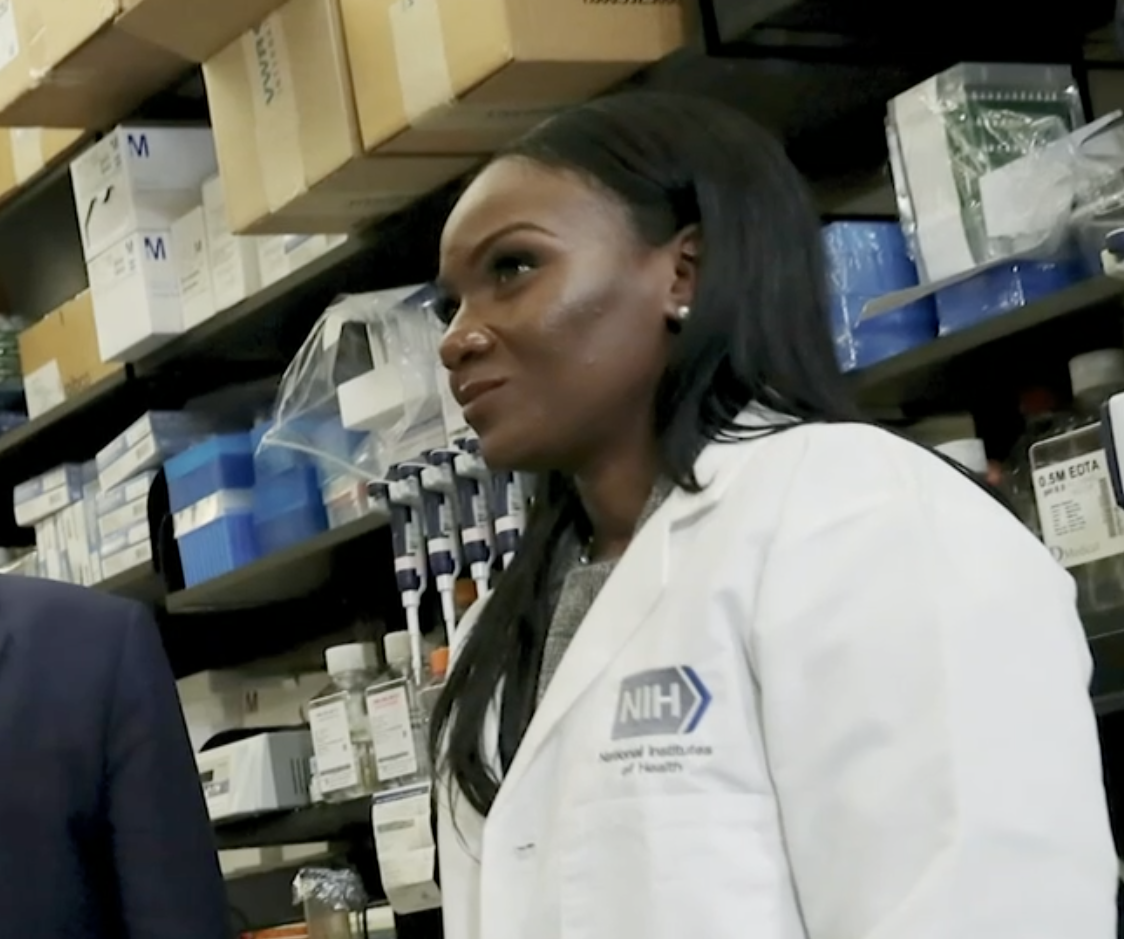
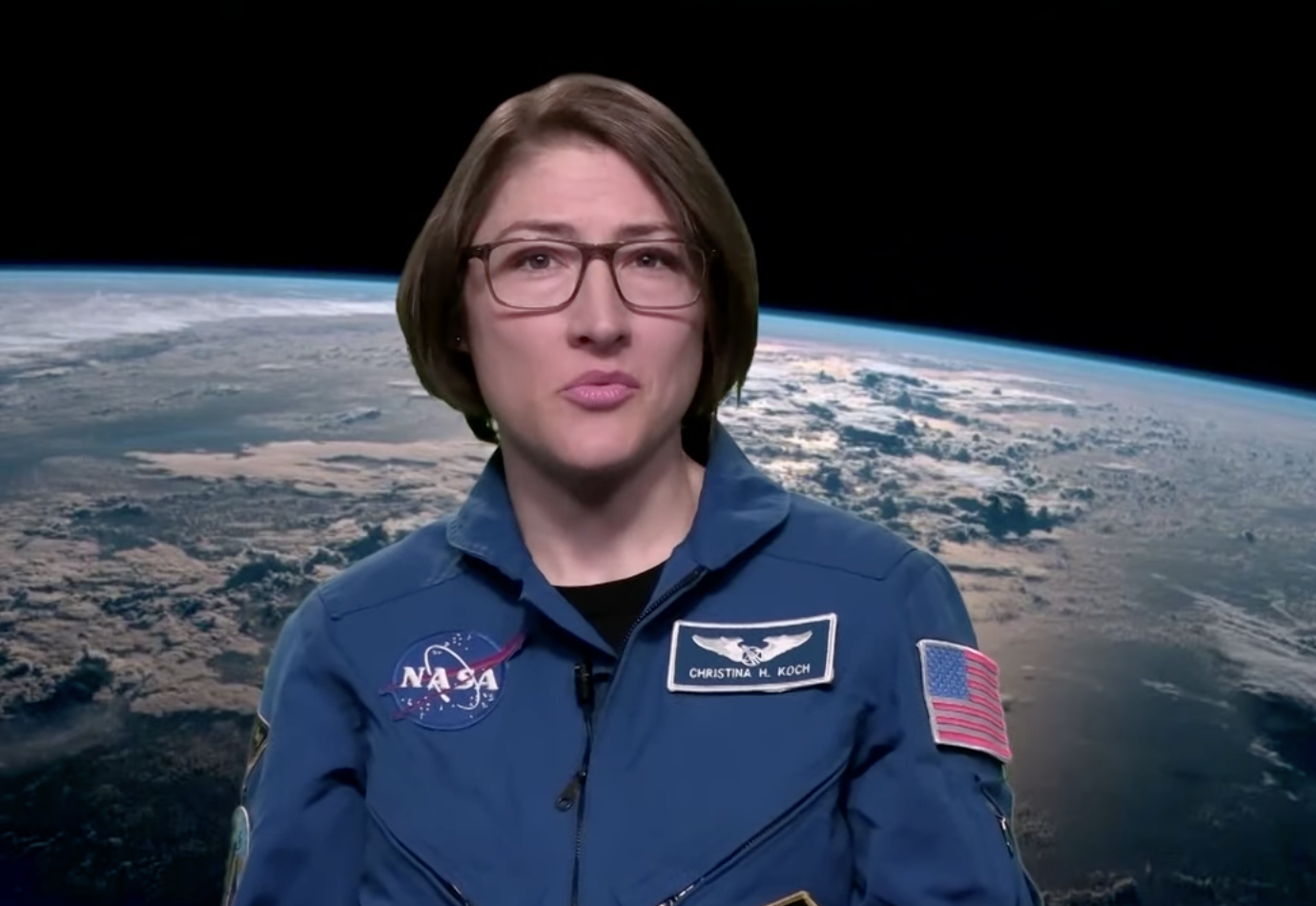
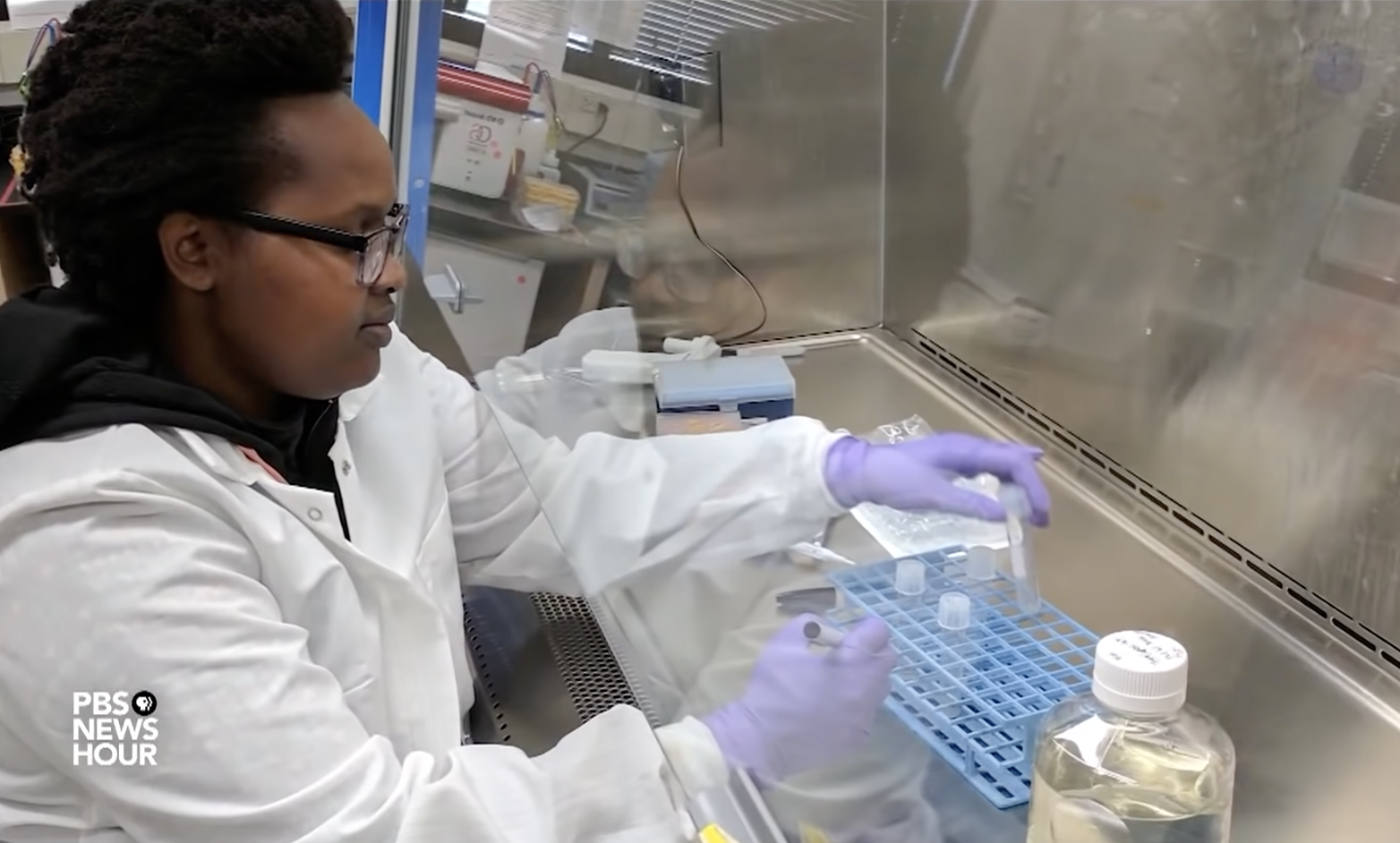
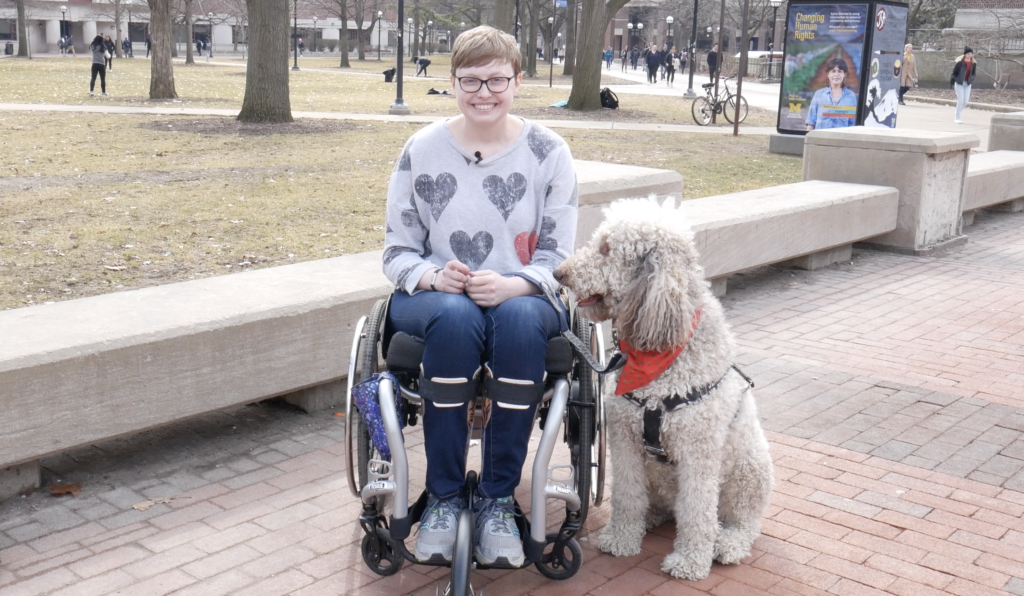
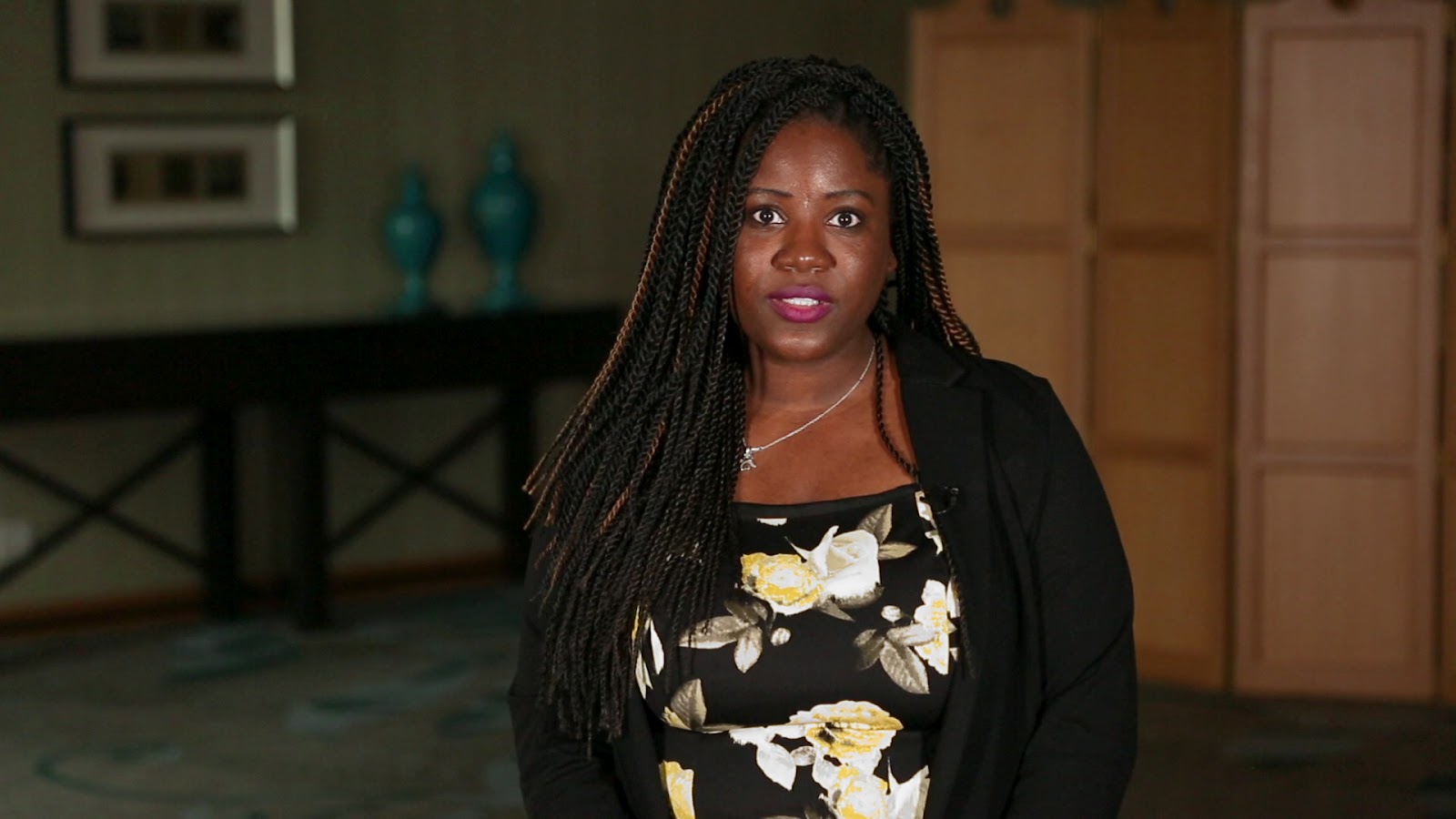
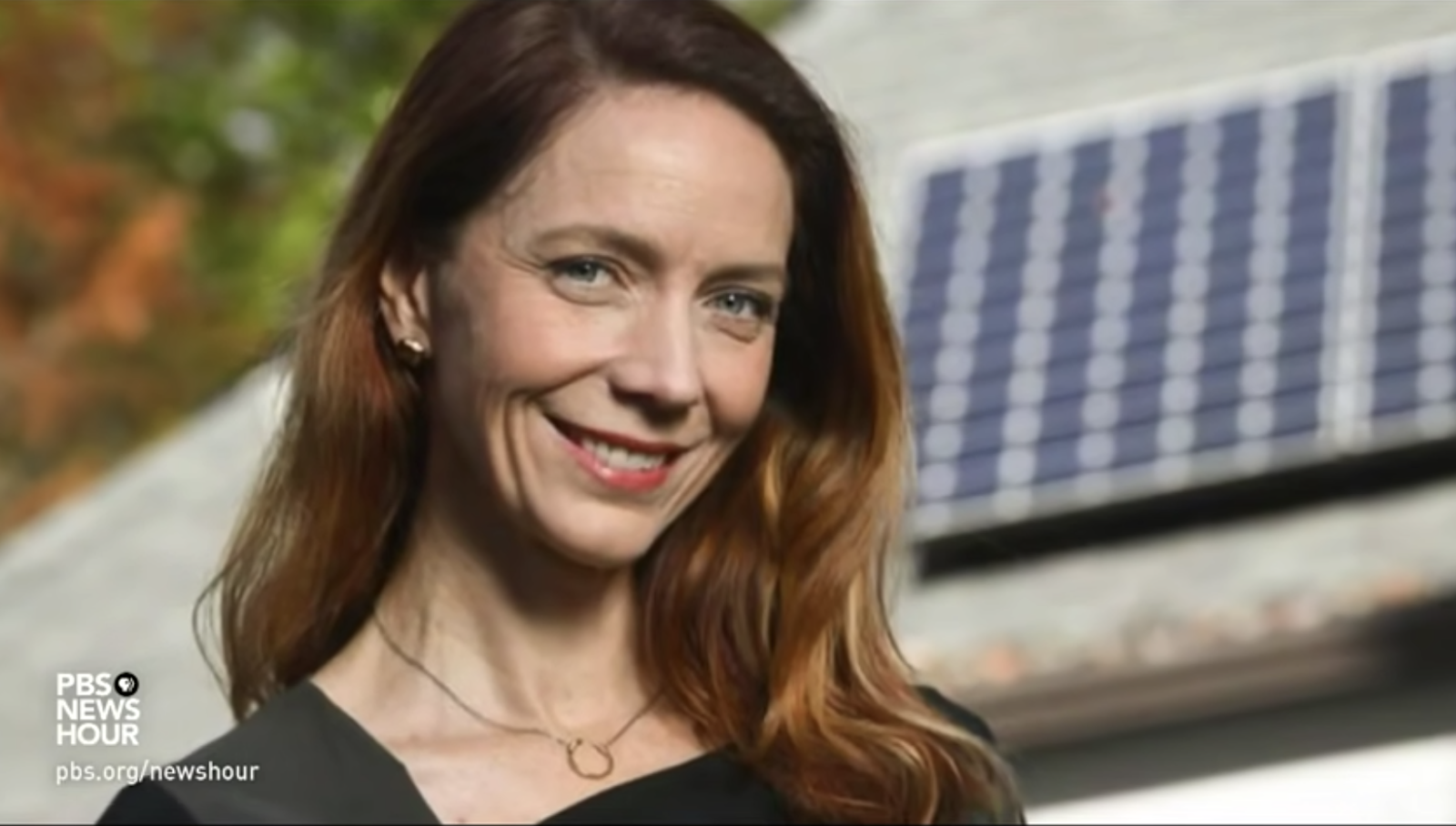
PBS NewsHour Classroom